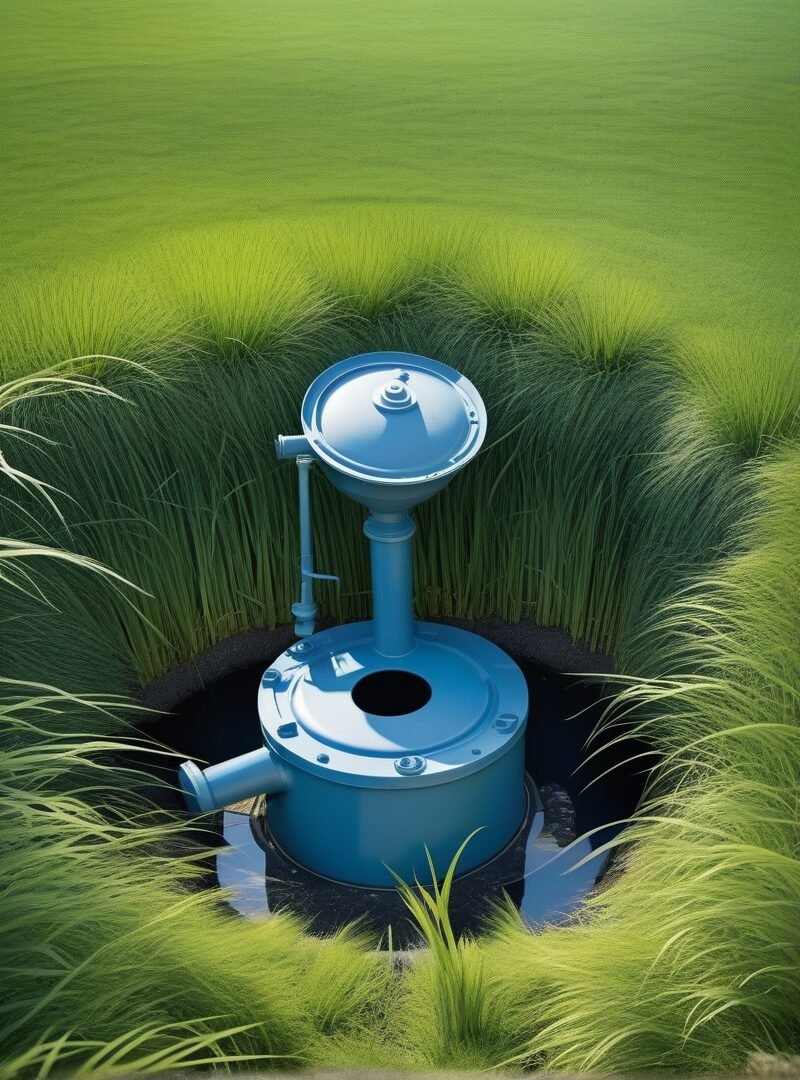Septic System Maintenance: Your Guide to Longevity
Ensure the health and efficiency of your septic system with our comprehensive maintenance guide. Discover essential tips and practices to keep your system running smoothly and avoid costly repairs.
Regular Inspections
Learn the importance of routine checks to identify potential issues early and maintain system efficiency.
Pumping Schedules
Understand the recommended intervals for pumping your septic tank to prevent overflow and system failure.

The Importance of Septic System Maintenance
Maintaining your septic system is crucial for preventing environmental contamination and ensuring the longevity of your system. Regular upkeep not only protects your property but also safeguards public health by preventing the release of untreated sewage into the environment. By adhering to recommended maintenance practices, you can avoid costly repairs and extend the life of your septic system.
Understanding Your System
A well-maintained septic system efficiently processes wastewater, separating solids, oils, and grease from the liquid effluent. This process prevents clogs and backups, ensuring that your system functions optimally. Regular inspections and timely pumping are key components of effective septic system maintenance.
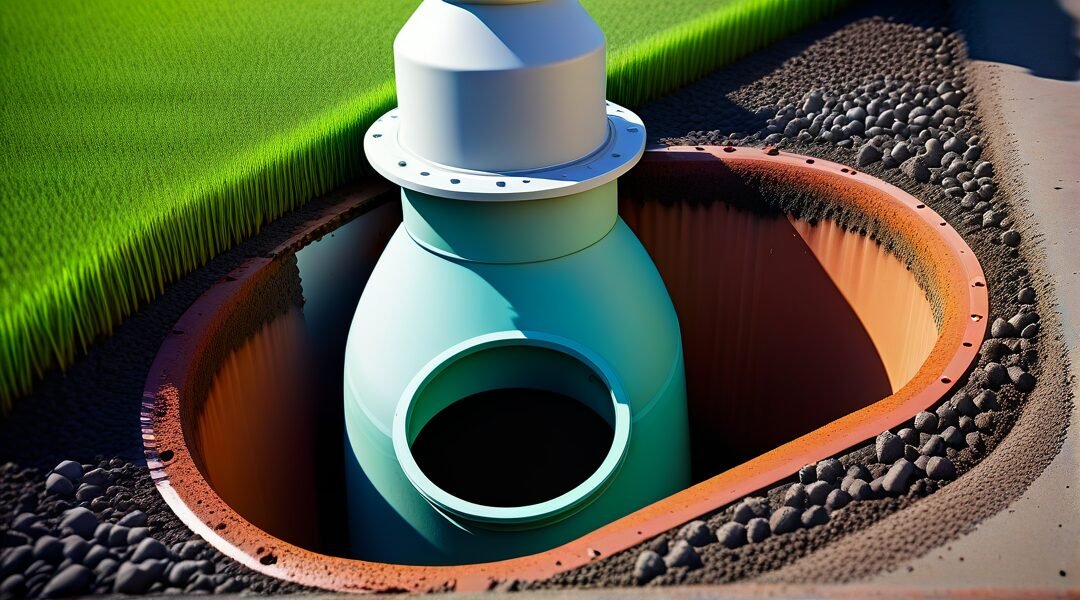
Septic System Maintenance FAQs
How often should I inspect my septic system?
It’s recommended to inspect your septic system annually to ensure all components are functioning properly and to catch any issues early.
What are signs of a failing septic system?
Common signs include slow drains, unpleasant odors, wet spots in the yard, and sewage backups. If you notice any of these, contact a professional immediately.
When should I pump my septic tank?
Typically, septic tanks should be pumped every 3 to 5 years, but this can vary based on usage and tank size. Regular inspections can help determine the optimal schedule.
Can household chemicals affect my septic system?
Yes, harsh chemicals can kill beneficial bacteria in your septic tank, disrupting the treatment process. Use septic-safe products whenever possible.
What maintenance can I do myself?
Homeowners can regularly check for leaks, monitor water usage, and ensure only appropriate materials are flushed or drained. Professional inspections are still necessary for thorough assessments.
Septic Tank Pumping Guidelines
Regular pumping is crucial for maintaining a healthy septic system. The frequency depends on household size, tank size, and water usage.
1
Assess Household Size
The number of people in your home directly affects how often your septic tank needs to be pumped. More occupants mean more frequent pumping.
2
Evaluate Water Usage
High water usage can fill your septic tank faster. Consider water-saving fixtures to extend the time between pumpings.
3
Determine Tank Size
The size of your septic tank will dictate the pumping schedule. Larger tanks can hold more waste, allowing for less frequent pumping.
4
Consult a Professional
For an accurate pumping schedule, consult with a septic system professional who can assess your specific needs.
Common Septic System Issues
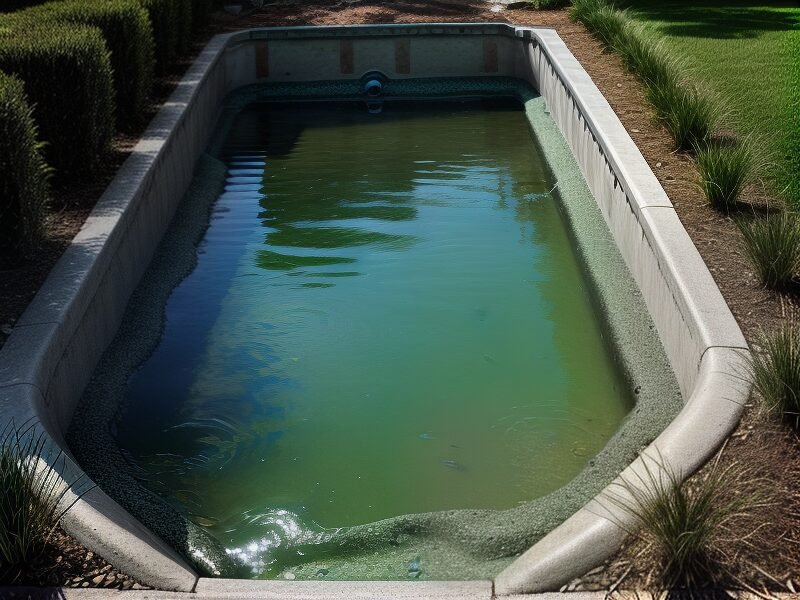
Clogged Pipes
Signs of Blockage
★★★★★
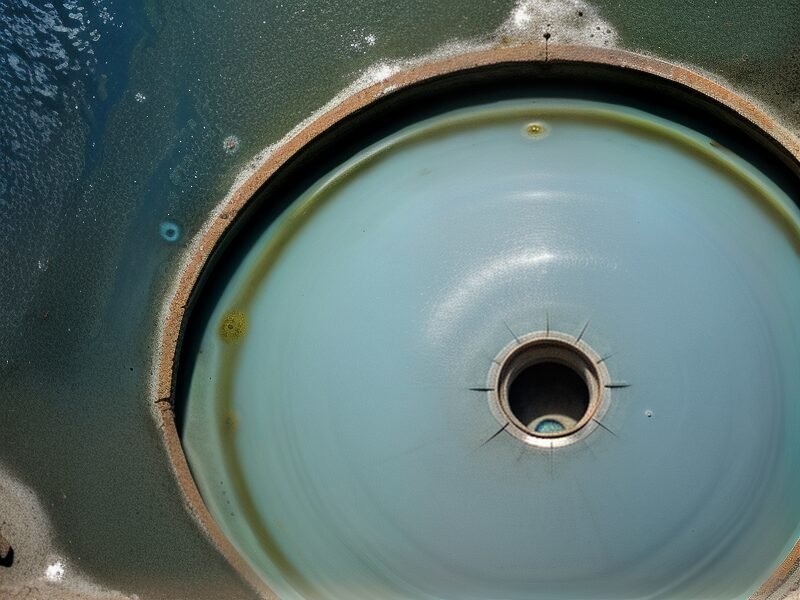
Drainfield Failure
Indicators of Saturation
★★★★★
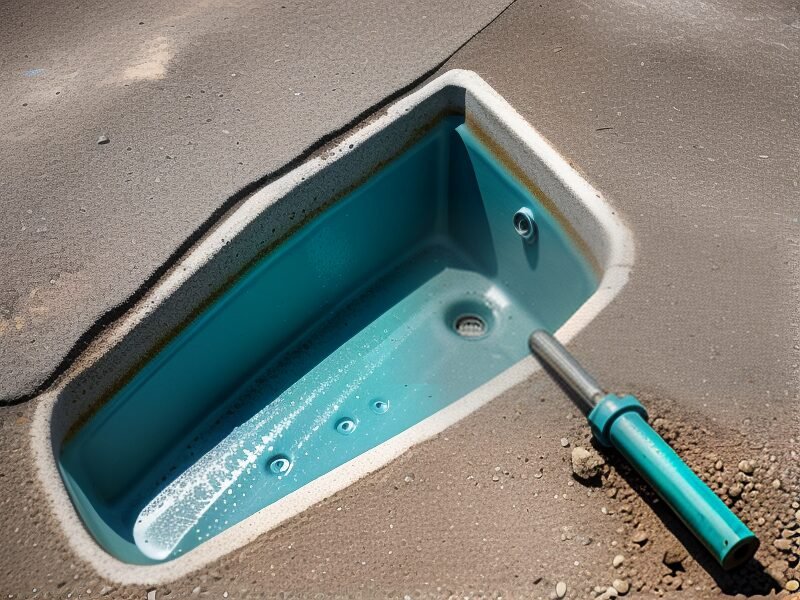
Tank Overflow
Warning Signs
★★★★★
Septic System Maintenance Tips
Septic Systems for Residents
In these village locations where there are no prevalent methods such as sewage systems, septic tanks are the most common wastewater treatment technology employed underground. A longer life span and proper usage of septic systems depend on the understanding of how they...
Take Charge of Your Septic System's Health
Ensure the longevity and efficiency of your septic system by taking proactive measures today. Regular maintenance, including inspections and timely pumping, can prevent costly repairs and environmental hazards. Visit our resources for expert guidance and support to keep your system running smoothly.
